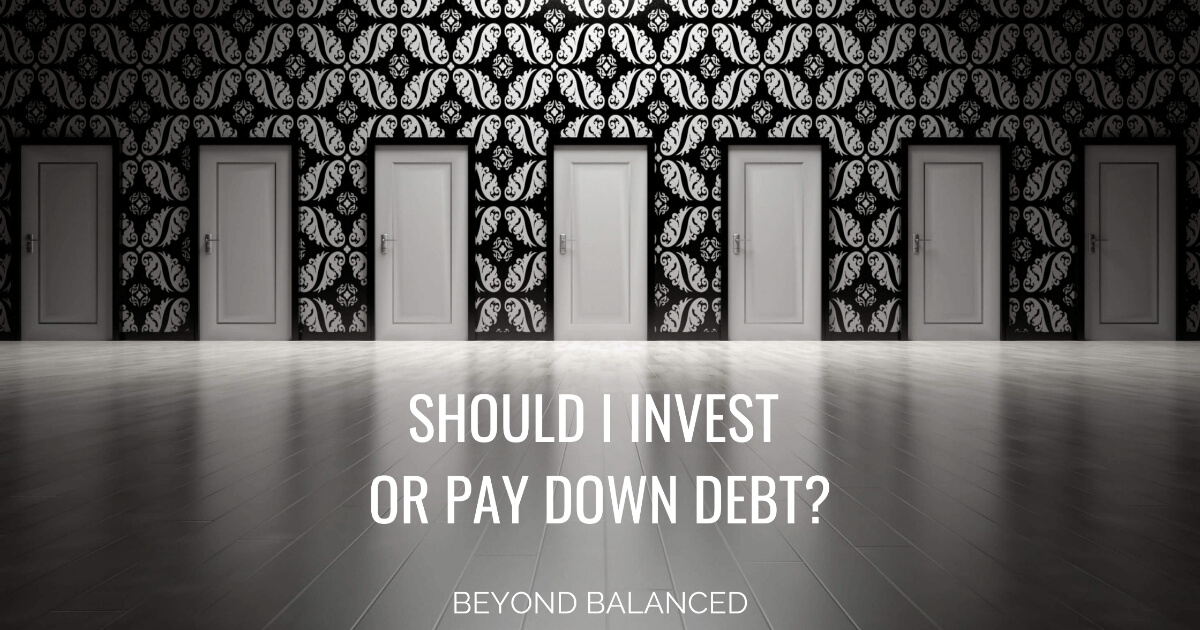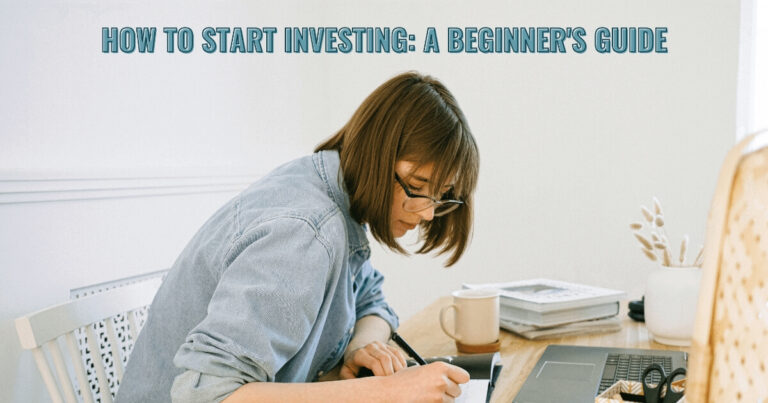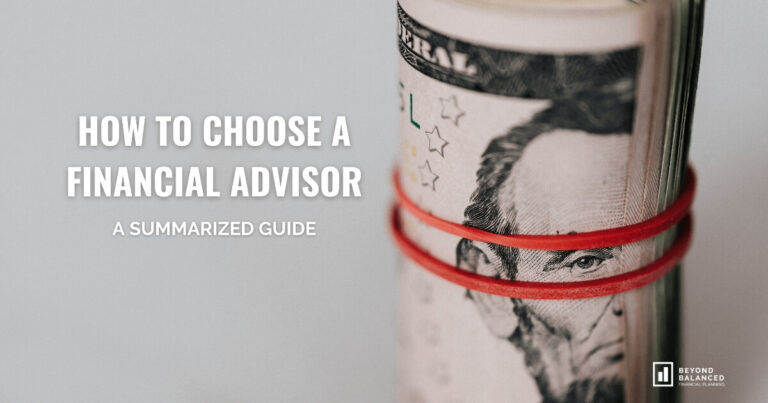Should you invest in the stock market or pay down debt? This is a question I get all too often and the answer is usually, it depends.
Things to Consider
Everyone has a different set of circumstances, however, there are some common topics to consider before you make a decision:
- The interest rate you are paying on current debts
- Your expected return on investments
- Whether you have tax benefits associated with your debt
- The tax benefits that would be received by investing
- Whether your employer matches your contributions
- The variability of your income
- The number of years you have available to invest
Mathematically, these variables should provide you with an optimal solution. However, the behavioral aspect comes into play much more and what goal you are willing to commit your resources. Some people will prefer paying down debt to capture a lower, but knowable, return. Others will prefer to invest in order to capture higher, but less predictable, returns.
First Things First
There is no cookie-cutter advice, but I do have my own preference when it comes to prioritizing what is important.
- Make contributions to your company’s retirement plan up to the level at which your employer matches.
- Pay down debts with high-interest rates (greater than 5%) that are not tax-deductible.
- Make the maximum contributions to investment accounts that are tax-advantaged such as a 401(k) and IRA/Roth IRA.
- Pay down mortgage debt if you are paying private mortgage insurance.
- Pay down debts with high interest rates (greater than 5%) that ARE tax-deductible. (Mortgage interest, student loan interest, etc.)
- Make investments in accounts with no tax benefits that are expected to earn returns greater than the interest rate on remaining outstanding debt.
- Pay down debt with reasonable interest rates (3% – 4%) and that is tax-deductible.
Again, this is just my personal preference and it can change depending on what your personal goals are and your own bias towards carrying debt. Another option is to devote your excess cash flow across multiple categories rather than just one if you’re able to manage the balancing act. In these situations, it is important to understand your emotions and perception of financial freedom. Using a financial planner that acts as a fiduciary can be a great resource to help you work through these decisions and set up an intentional plan that meets your goals.
Next Steps…
There are many complex decisions to make when it comes to finances. Investing vs. paying down debt is just one.
If you’re ready to start making smart decisions with your money and have confidence you’re doing the right things to build your wealth here a few other resources you may find helpful:
- Follow us on social media for ongoing tips, resources, and inspiration. We are on Instagram and Facebook.
- Check out our blog for additional topics on your finances.
- Schedule a 30-minute complimentary session to find out how we can help you.








